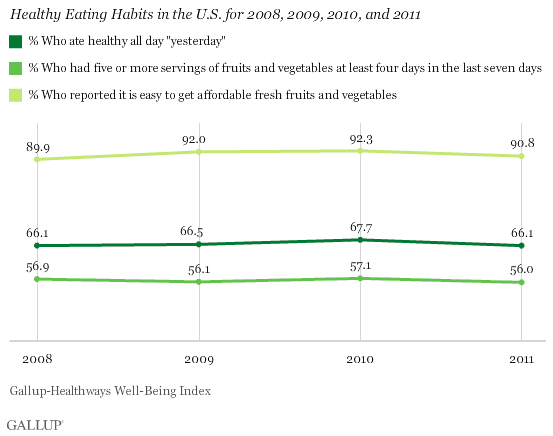Study: Shingles Vaccine Found to Be Safe and Well Tolerated
Posted on
My 86 year old optometrist told me the other day that he has been inflicted with Shingles for the past few years after being treated for cancer. He sleeps each night with an ice pack on his right shoulder because of the pain of the Shingles rash.
When I mentioned the Shingles vaccine, he related that he knew a senior who took the vaccine and then developed Shingles. This is not good – so, I have procrastinated.
I had the Chicken Pox when I was in my 30’s and it was not a happy experience. I certainly don’t wish to contract Shingles.
This new study, however, may inspire me to receive the vaccination.
A study of people who received the shingles vaccine has found that it is safe and well tolerated, with an extremely low rate of side effects.
More than 99 percent of Americans over age 40 have had chicken pox and are therefore at risk for shingles, an acute and painful nerve inflammation that usually strikes older adults. In one study, the vaccine reduces the odds of an outbreak by 55 percent in people over age 60.
But although the vaccine is approved by the Food and Drug Administration for people over age 50, fewer than 10 percent of them have been vaccinated. There have been disruptions in supply of the vaccine, which costs $160 per dose and must be stored frozen.
Researchers studied medical records of 193,083 people age 50 and older, following them for six weeks after getting the vaccine. They found no increased risk for stroke, heart disease, heart attack, meningitis or encephalitis.
There was no increased risk for Bell’s palsy or Ramsay Hunt syndrome, possible complications of infection with herpes zoster, the virus that causes shingles and chicken pox. The most common side effect was swelling or redness at the site of the injection.
The study appears in the Journal of Internal Medicine.
Guess who is scheduling an appointment for the vaccine?



